Succession planning in family businesses is often a difficult and emotional process—it combines emotional and organisational change and all of the feelings that go with it.
Emma Lindsay, Recruitment Manager at Carlisle based NXT Recruitment (pictured) discusses why early planning can alleviate some of the stresses that accompany the process and why, as a business grows, there are valid business reasons to consider the appointment of non-family members to key positions.
Family businesses are different and what makes them different is the family component. The potential impact the family component can have on the management and ownership of the business is such that it needs to be understood and effectively managed.
Another reason family businesses avoid the topic of succession planning are the difficult conversations that inevitably arise. As a business grows, there are valid business reasons to consider the appointment of non-family members to key positions, such as:
- to fill a skill or experience gap required by the business
- to provide a new and independent perspective, highlighting areas which may not be performing optimally and introducing successful strategies from personal experience in similar businesses or industries
- to introduce and help the business owners identify new business and network opportunities
- to bring objectivity to difficult decisions, which may otherwise be driven by subjective personal considerations of family members
- in a board role, to act as facilitator or mediator to assist the next generation in identifying their future strategy goals for the business, for example when a board or a CEO need to discuss ‘suitability for the job’ with a next gen (who they may be related to). This is where an external advisor can be useful as they can help deliver difficult news and be objective listeners and mediators.
When it comes to family businesses, there are some specific guiding principles that they can benefit from:
Early planning – doing so will likely alleviate some of the stress that comes with the process, as well as give the family business a greater chance at generational survival. Most companies do not have a perfect candidate within the organisation. Advance planning provides time to develop people internally and to also consider external talent that can be brought in for a higher-level position. It also creates the opportunity for external leaders to develop trust within the family ownership group.
Articulate important family and business goals – Given the complex dynamics of a family business, it’s essential to create an environment where everyone feels heard and to facilitate an open dialogue about the future of the company. What is important to the family?
Communication – Clearly define the roles and rights of all stakeholders in the succession process and actively communicate the succession plan with all key members of the business. Defining the role of the ownership group, current CEO, and the board will provide the family a voice while also ensuring clarity in the decision-making process. It also ensures you have the right (and most qualified) individuals weighing in and making what is a very critical decision – to whom will you entrust the future of the family business performance
Proactively communicate with the ownership group about succession planning. Letting the family know the timeline for succession, informing them of the role the board, and process engenders trust that the issue is being handled professionally, with the goal to identify the best leader for the business.
By involving a recruitment partner in your succession planning, they will be aware in advance of your business history, market and potential requirements which inevitably speeds up any recruitment process.
If you’d like to speak to a member of the NXT team about how we can support, you and your business prepare for future growth and long-term survival get in touch.”
T: 01228 812585





 Login
Login
